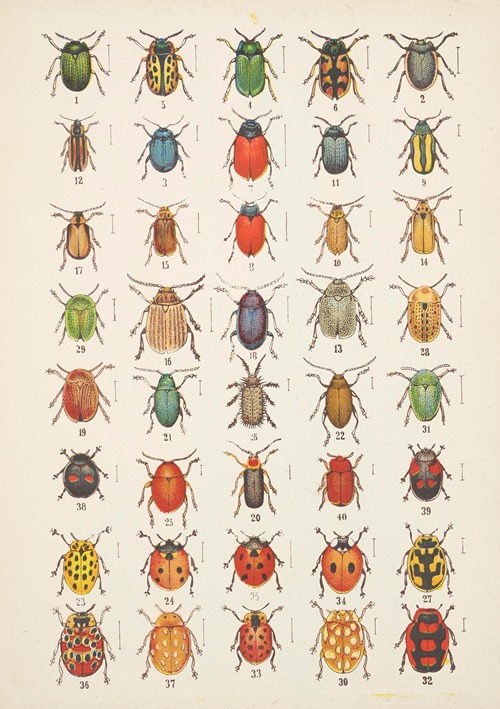
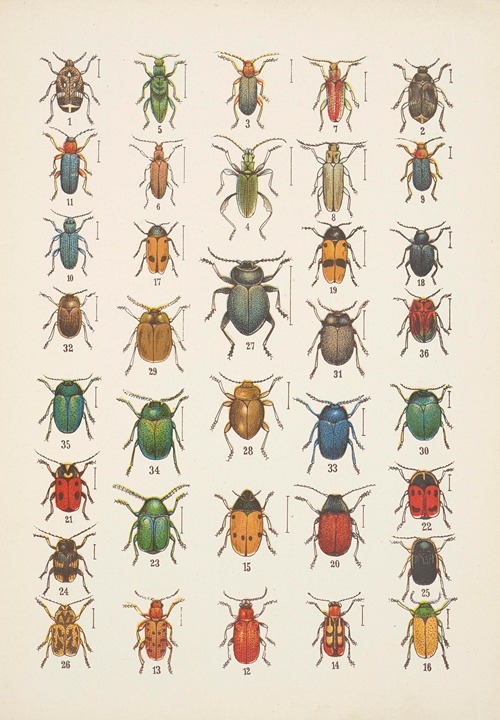
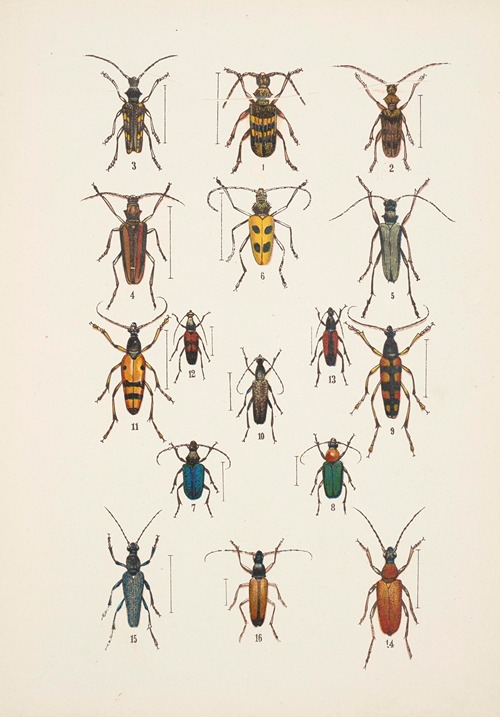
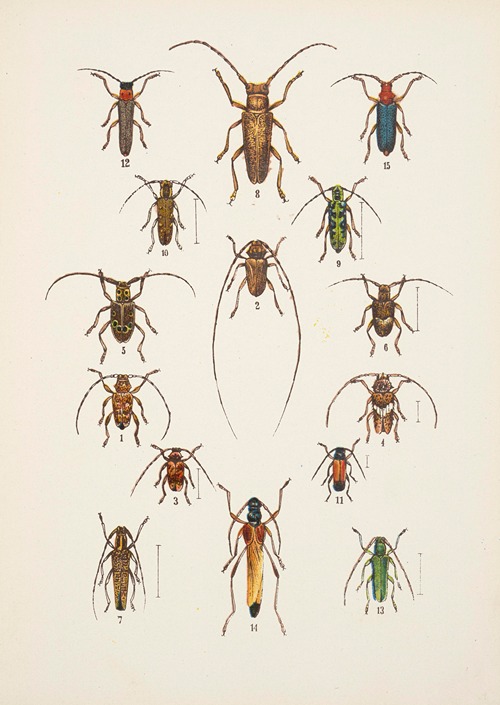
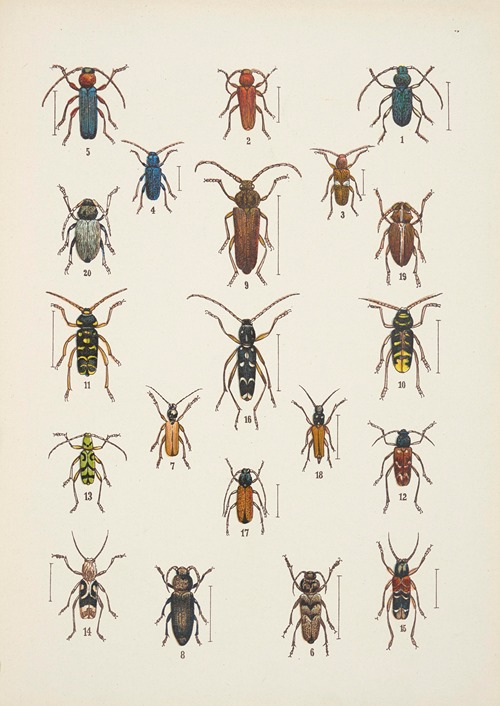
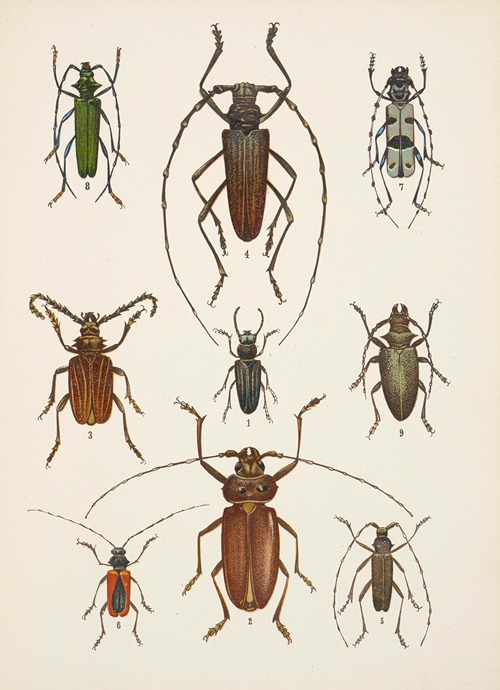
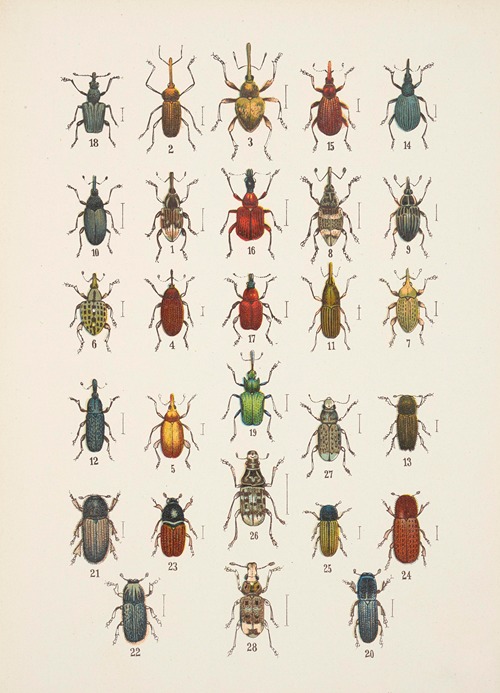
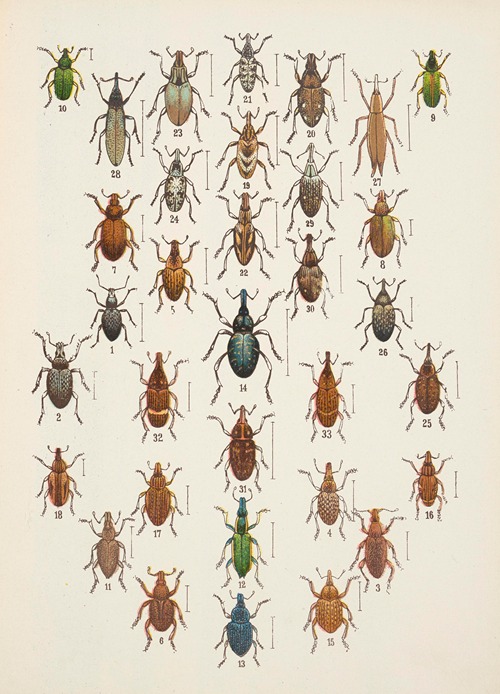
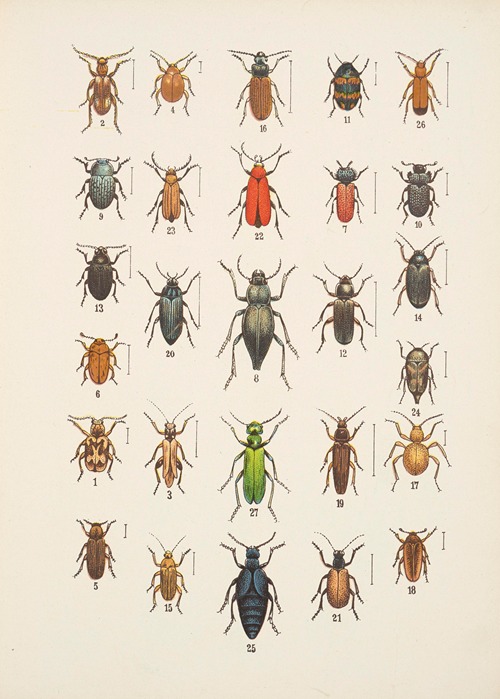
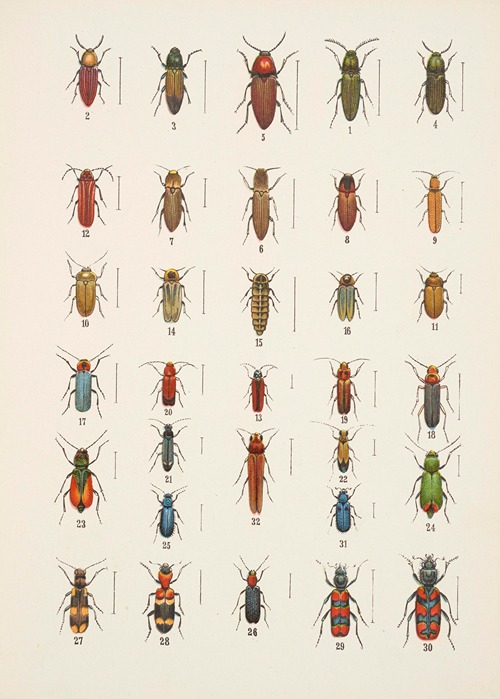
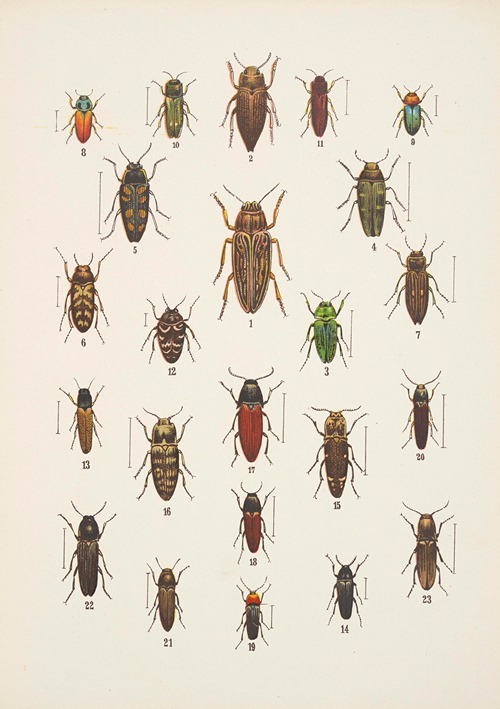
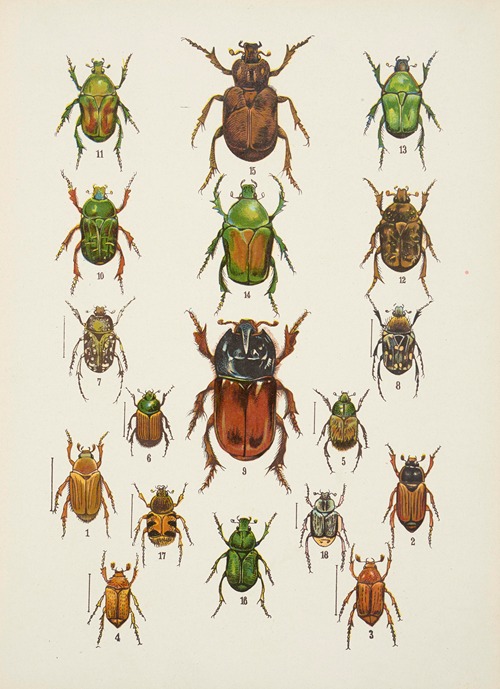
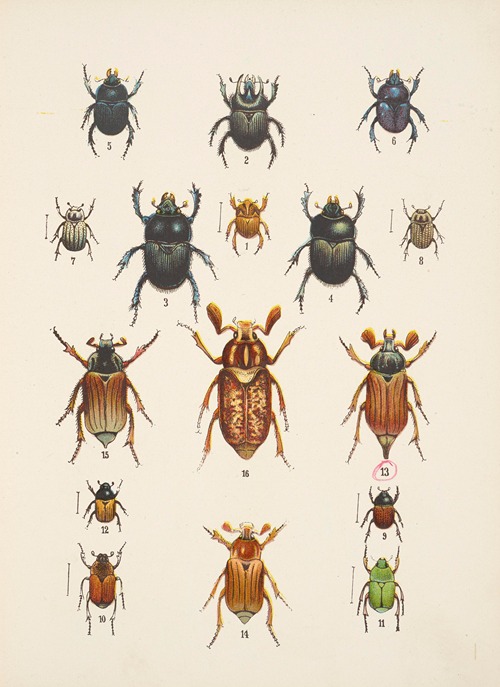
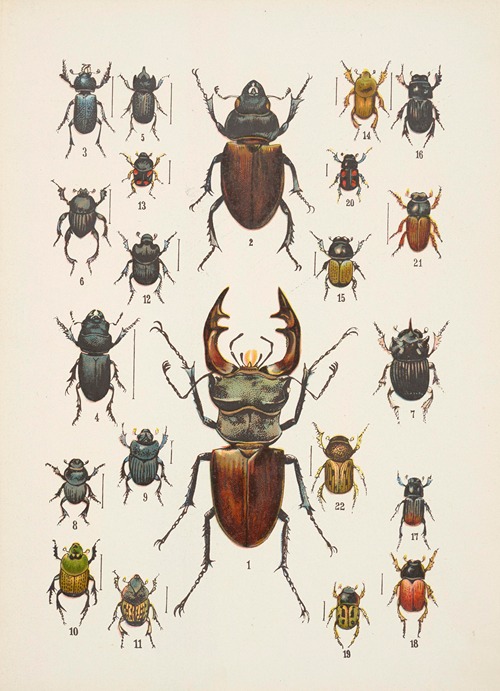
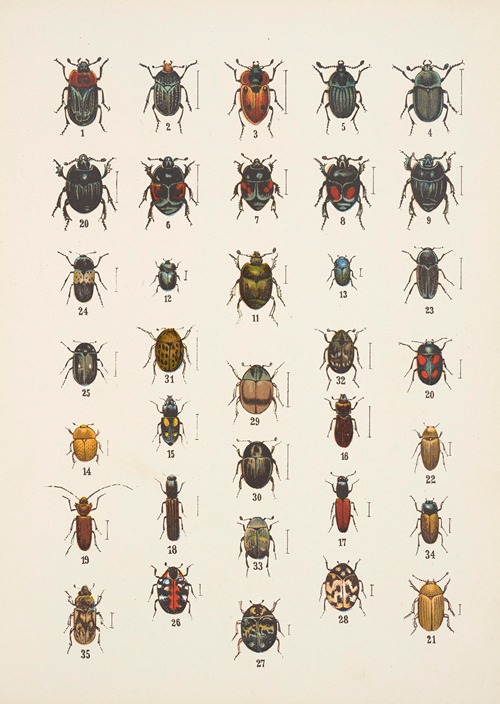
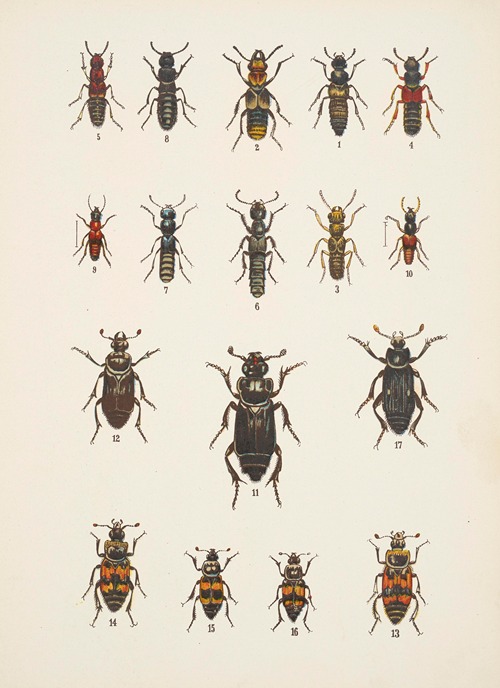
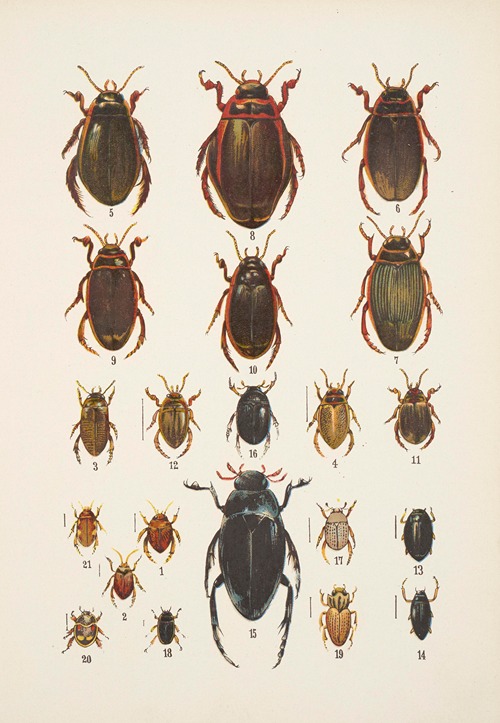
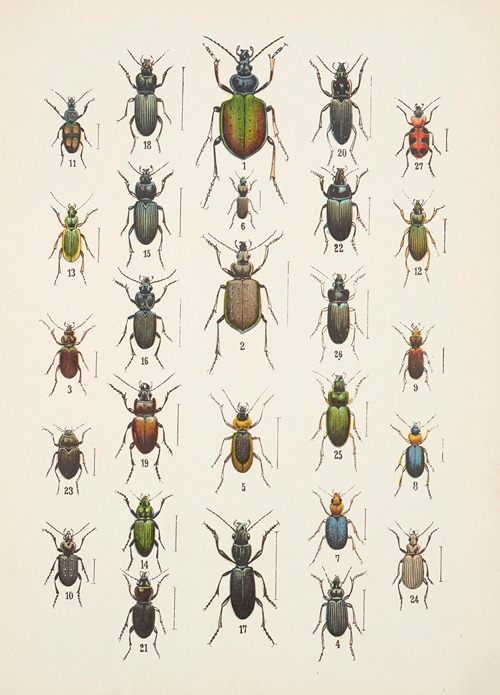
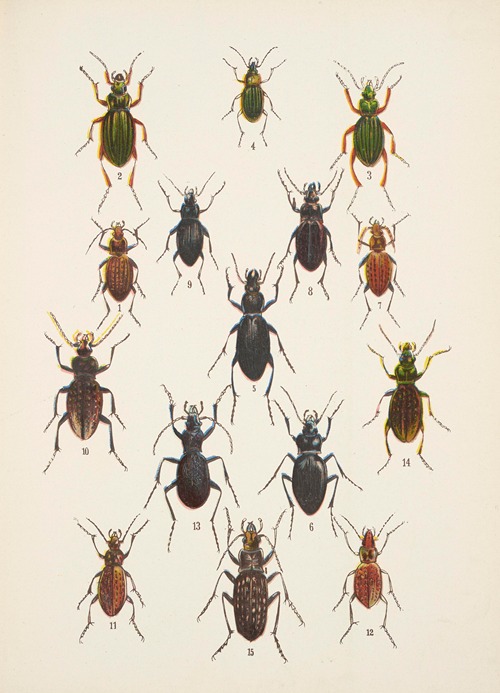
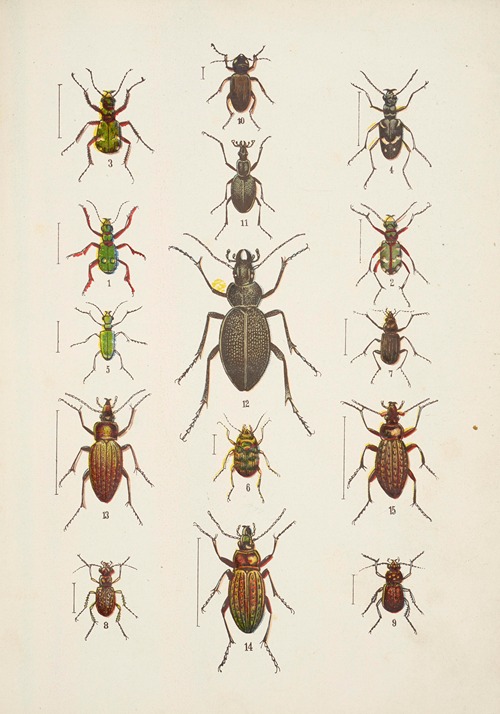
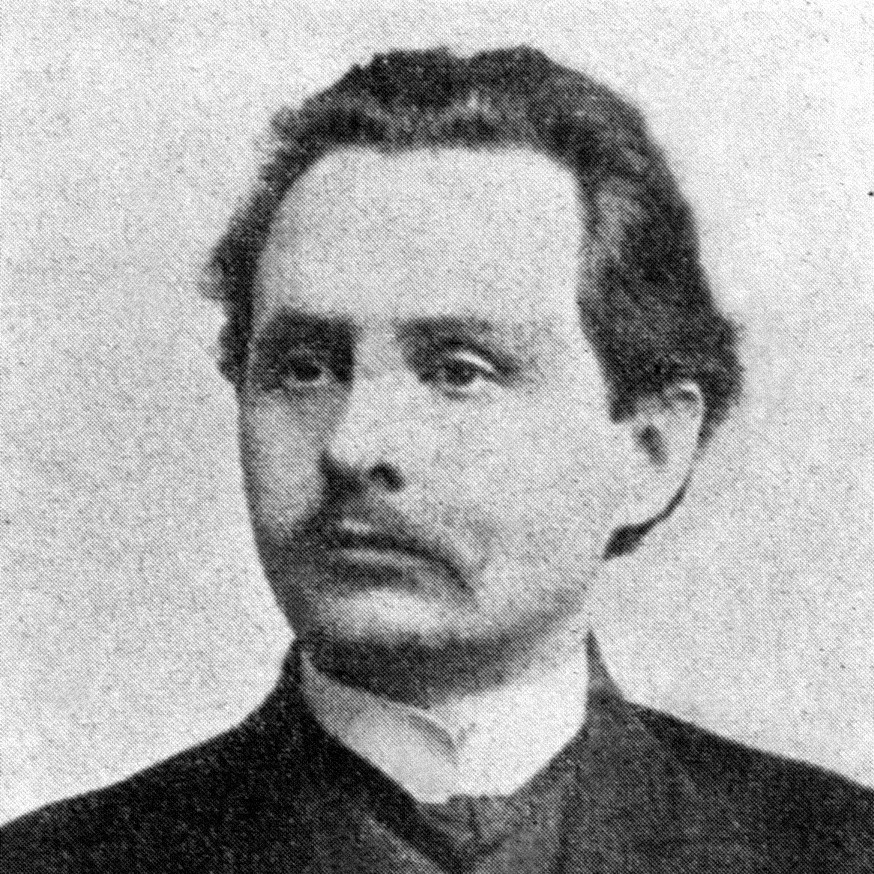

Kazimierz Jakub Kulwieć was a Polish naturalist and local historian. He was the grandfather of Grażyna Strumiłło-Miłosz.
Son of Wincenty and Leonia née Pawłowska. Kazimierz Kulwieć's father owned property in Lithuania, but lost his estate for participating in the January Uprising. He graduated from the Suwałki Gymnasium. In 1897, he completed his natural science studies at the Imperial University of Warsaw with a degree in natural sciences. A year later, he married Julia Stankiewicz, the daughter of a notary, in Suwałki. He began working as a researcher of flora and fauna, and his field of research was very extensive, ranging from the Mediterranean to Arkhangelsk. Together with naturalists Kazimierz Czerwiński and Romuald Minkiewicz, he visited Wigry in 1901–1903. In 1903, they carried out a series of systematic measurements of the depth of lakes belonging to the Wigry system. Kulwieć published reports of his stays and research results in the magazine ‘Wszechświat’ (1902, nos. 21-23) and “Pamiętnik Fizjograficzny” (1904, vol. XVIII) (currently Nowy Pamiętnik Fizjograficzny).
On the initiative of Kulwieć and Aleksander Janowski, among others, the Polish Tourist Society was established in 1906. In 1910, under Kulwieć's editorship, the PTK's official publication, Ziemia, began to appear. He was a member of the Main Board of the Polish School Society in 1908. In 1907, he became director of Teodora Raczkowska's seven-grade Girls' Commercial School, where he taught natural sciences.
In 1915, he left for scientific research in Polesie and Nowogródek. In 1915–1918, he served as director of a Polish gymnasium. After returning to Poland, he established a gymnasium in Warsaw. After the Bolshevik War, he bought the Rusocin estate (on the Świteźia River, within the borders of present-day Belarus).
In 1929, he settled in Toruń at 27/29 Rybaki Street. From June 1935, he served one term as president of the Toruń Branch of the Pomeranian League for the Protection of Nature.
In 1937, he was awarded the Gold Cross of Merit.
After the Soviet invasion of Poland, he was deported in 1940 with his daughter Wanda Strumiłło and her daughters to the polar zone of Siberia in the Arkhangelsk region, where he studied the flora and fauna of the taiga.
Kazimierz Kulwieć died in exile on February 14, 1943.



















